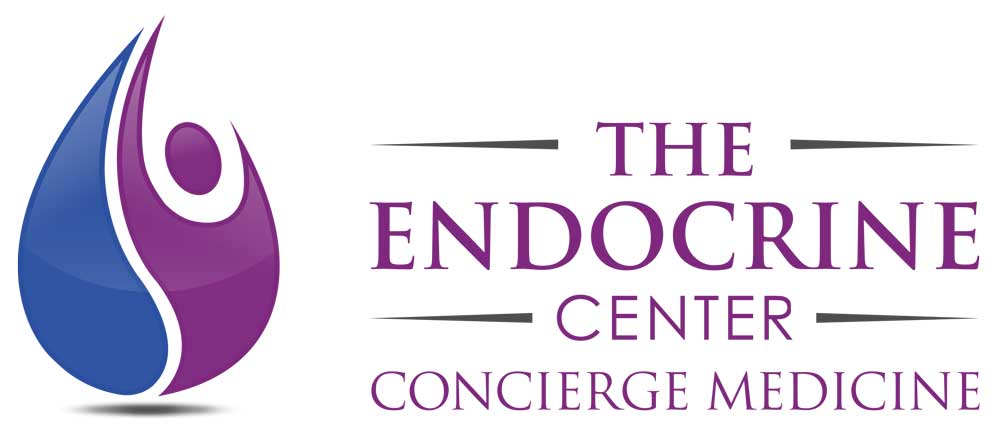Thyroid & Parathyroid
The thyroid is a small gland that is located in your neck just above your breast bone. In general, the thyroid produces hormones that help control your body’s metabolism. Sometimes nodules, or bumps can appear on the gland, and these nodules can be solid or filled with fluid. Usually thyroid nodules are not very dangerous, but it is important to try to identify their cause. It is also important to make sure that the nodules are not cancerous.
Symptoms of Thyroid Nodules
Many times the nodules don’t cause any symptoms at all. In fact you might not even know you have a nodule until your doctor finds it on a routine check-up. Some worrisome symptoms associated with thyroid nodules could be:
- Visible swelling of the neck
- Pressure on the trachea (or “windpipe”) causing pain, trouble swallowing or trouble breathing
- Hoarse voice
- Swollen lymph nodes
In some cases thyroid nodules produce excessive amounts of thyroid hormones that can accelerate your metabolism. The symptoms you might experience are:
- Weight loss
- Rapid heartbeat or palpitations
- Anxious or nervous feeling
- Weakness
- Difficulty sleeping
If you experience any of these symptoms you should consult with a physician right away.
Causes of Thyroid Nodules
Thyroid nodules can be the result of many different disorders such as:
- Iodine deficiency: In the USA this is very uncommon, but lack of iodine in your diet can lead to thyroid nodules.
- Normal Tissue Overgrowth: The exact cause of this is not known, but your thyroid can grow abnormally. In many cases this is called a thyroid adenoma. Typically this in not a cancerous condition, however, it could cause trouble with swallowing or breathing.
- Thyroid Cyst: These are nodules that are filled with fluid. In most cases they are benign; however, some cysts can have cancerous components.
- Thyroiditis (Chronic Inflammation): This is also referred to as Hashimoto´s disease. The inflammation can lead to thyroid enlargement and hypothyroidism (decreased thyroid function).
- Multinodular Goiter: In general, any thyroid enlargement is often referred to as “goiter”. In some cases it can be caused by iodine deficiency. When there are multiple nodules then the term “multinodular” is used, and the cause might not be known.
- Thyroid Cancer: These cancers account for only a small percentage of thyroid nodules. Pain and discomfort are warning signs of cancer. Also, a history of radiation exposure or a family history of endocrine cancers increases your risk for thyroid cancer.
Thyroid Nodule Diagnosis
If you doctor detects a thyroid nodule the most important thing is to make sure it is not cancerous. Also, your thyroid function should be evaluated. Some tests that might be ordered are:
- Blood Tests: You doctor will order thyroid function tests that can be detected in the blood. The thyroid hormones are named thyroxine and triiodothyronine. Thyroid stimulating hormone (TSH), which is released by your pituitary gland, will also be measured.
- Ultrasound: This test uses sound waves to “see” the size and structure of your thyroid gland and any nodules that might be present. This test can also differentiate between solid and fluid filled nodules.
- Fine Needle Aspiration (FNA) Biopsy: In this procedure your doctor uses a needle to obtain parts of thyroid nodules to be examined for cancer cells. Multiple samples can be taken, and the procedure is often guided by ultrasound. Sometimes the traditional analysis does not give a clear diagnosis so the biopsy might be sent for gene expression analysis.
- Thyroid Scan: This test can also help your doctor classify thyroid nodules. First, you are given an intravenous injection of a radioactive iodine isotope. Then a special camera takes pictures of your thyroid gland. “Hot nodules” produce too much thyroid hormone and light up on the scan. These are usually not cancerous. “Cold nodules” do not light up and might be cancerous in some, but not all, cases.
Thyroid Nodule Treatment
The treatment of thyroid nodules depends upon their cause and symptoms. If the nodule is benign and small, your doctor might choose to just monitor it with regular check-ups and thyroid function testing. If the nodule is uncomfortable, or if it interferes with swallowing or breathing, then it should be removed surgically.
Nodules that cause an overproduction of thyroid hormone (hyperthyroidism) can be treated with radioactive iodine, anti-thyroid medications or surgery.
Cancerous thyroid nodules should always be removed surgically along with the surrounding thyroid tissue. This procedure is called a total thyroidectomy. Afterwards you will need to take thyroid hormone replacement pills for the rest of your life.
Summary
Thyroid nodules can come from different causes. The most important thing is to make sure a cancer is not present. After making a diagnosis, your doctor can help you choose the best treatment for your situation.
